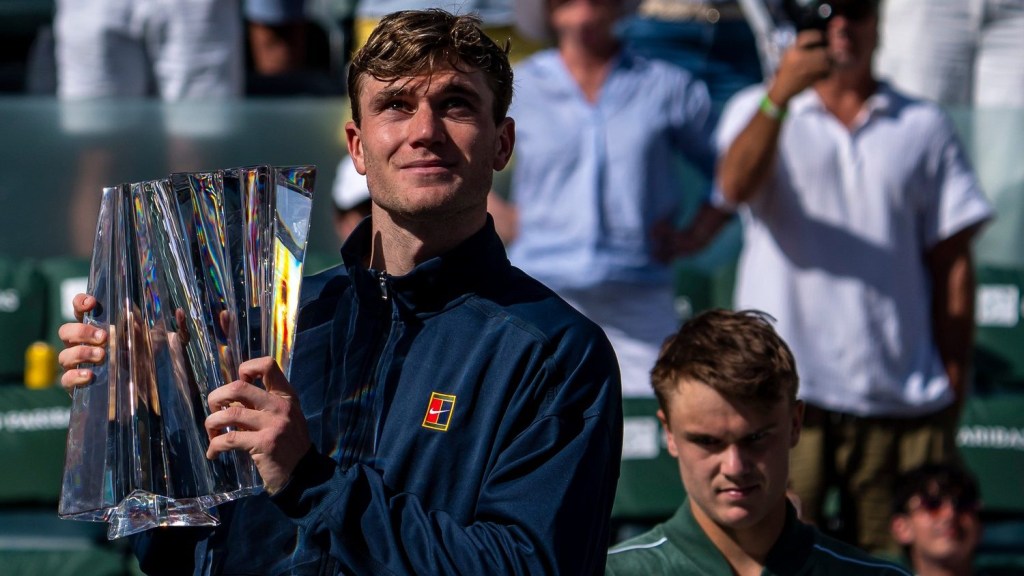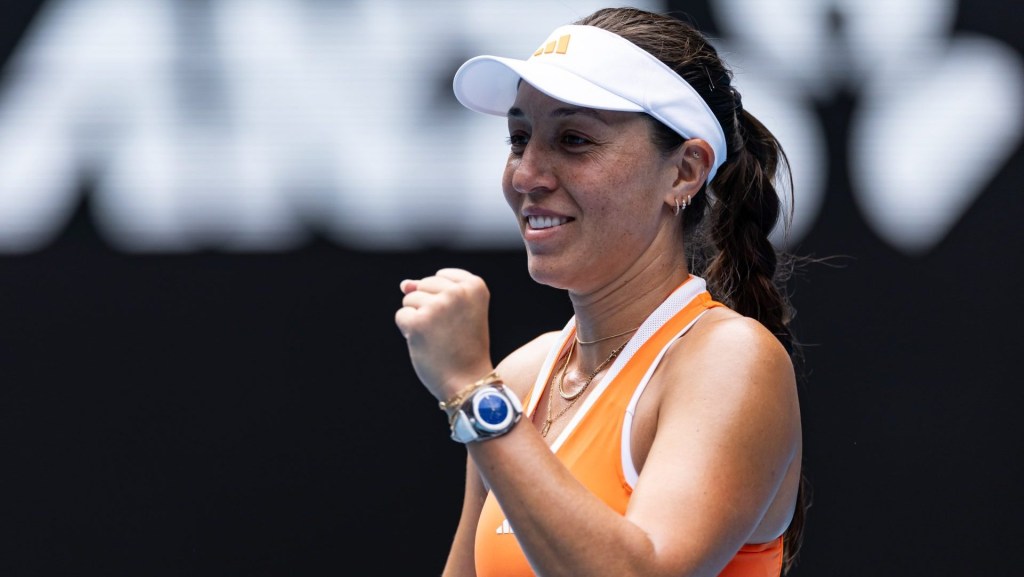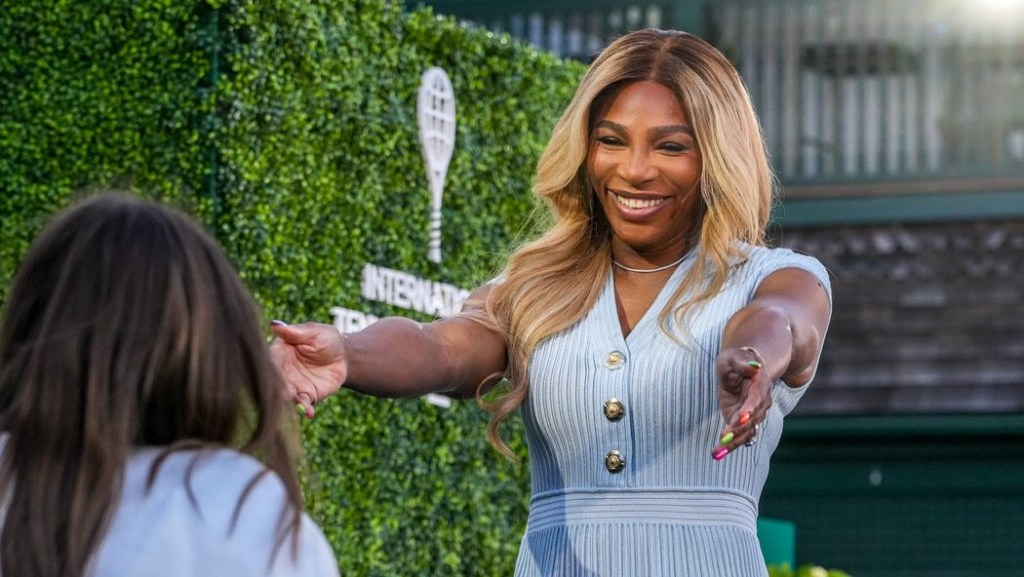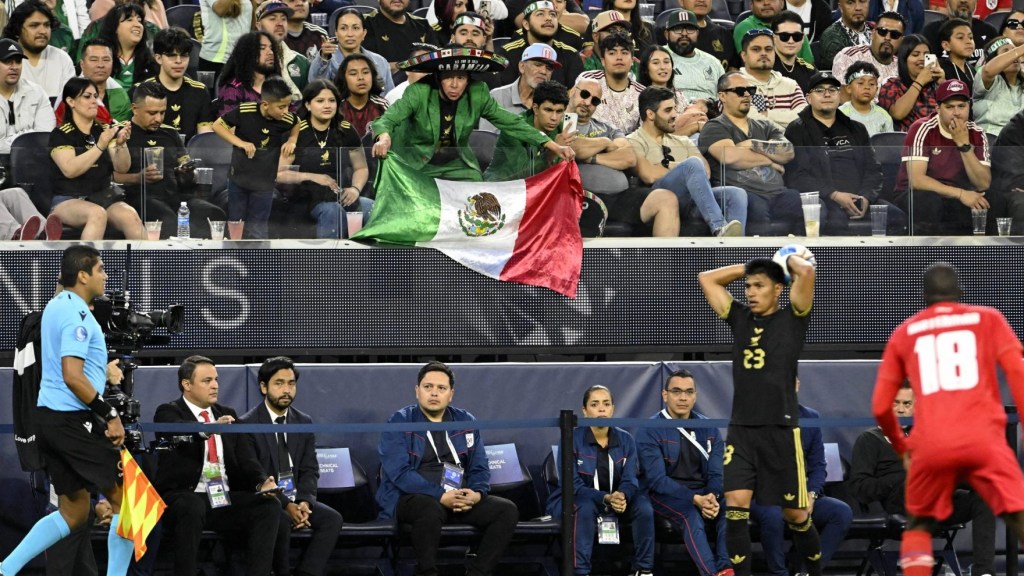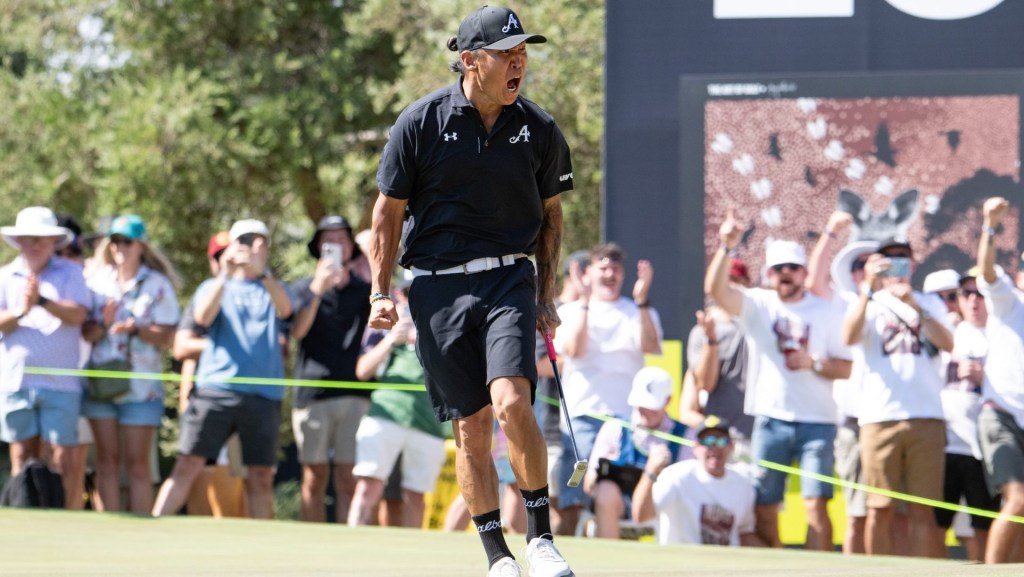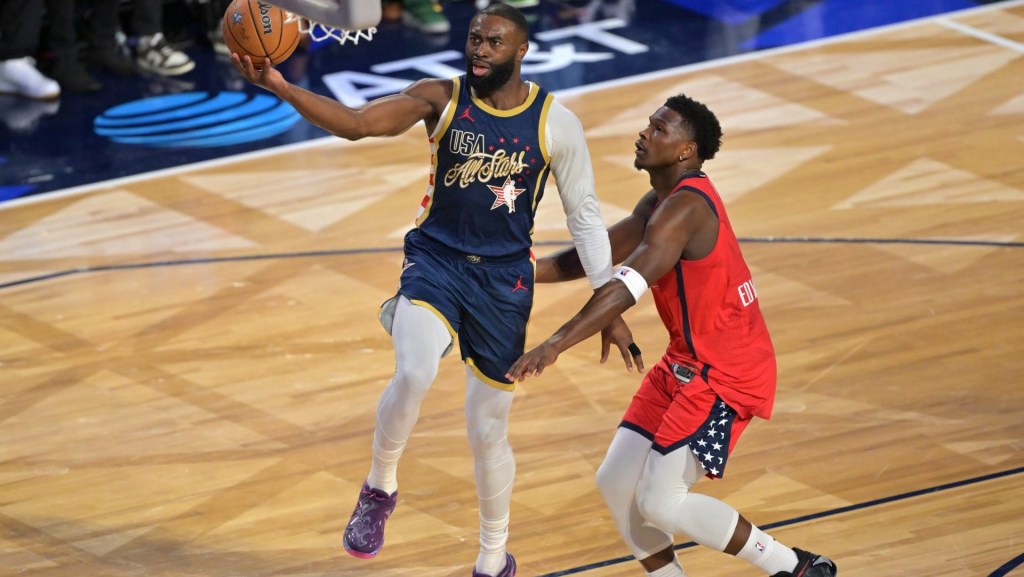At the beginning of this year, one text blast had the entire NBA talking.
On Jan. 24, the National Basketball Players Association sent a message to hundreds of players, warning them: They had a week to collect a big check, and all they had to do was submit some paperwork by Jan. 31.
That was the deadline to file a claim to be part of the upcoming House v. NCAA settlement. In May 2024, the NCAA and its member schools voted to settle several athlete lawsuits, named for plaintiff and former Arizona State swimmer Grant House, for $2.8 billion. (Lawyers will receive more than $400 million in fees, with the rest going directly to athletes.)
Any athlete who played Division I sports between 2016 and 2024 is eligible for payments, to be sent annually over the next 10 years after the settlement is finally approved. That could be as soon as Monday, when federal judge Claudia Wilken is set to hear several objectors speak at a final approval hearing in a California courtroom.
The exact way the payments will be distributed is yet to be finalized. But former D-I men’s basketball players are in line for significant checks, given they generated enormous revenue for their schools, and, for the older members of the class, missed out on big NIL (name, image, and likeness) payments.
Every NBA team has a leader other players look up to, whether it is a star player or grizzled veteran. And every team has a designated union representative and an alternate. In the months since the NBPA text appeared on phones across the league, a new role has emerged in locker rooms: the House settlement expert.
Front Office Sports spoke to players on more than 10 NBA teams. Most pointed to a single teammate who educated them on the settlement and helped them file for their money. For the Lakers, it was Jarred Vanderbilt; for the Nets, it was Jalen Wilson, whose fellow Kansas alumni in the NBA also credited him for making sure they filed.
“I got an email, so I checked my email, and once I found out, I told some of the guys in the locker room to check their email to see if they were eligible for it,” Vanderbilt tells FOS.
Nets forward Noah Clowney was grateful Wilson made sure he did it. “Nobody checks their [messages] constantly,” Clowney says. “Especially not for stuff we don’t know that’s coming.”
Vanderbilt played just one year at Kentucky and is halfway through a fully guaranteed four-year, $48 million extension. Per game, Vanderbilt earns roughly $146,000, and his House settlement figure isn’t likely to amount to anything more than a single game check paid out over 10 years. Still, Vanderbilt saw no excuse for not filing for it.
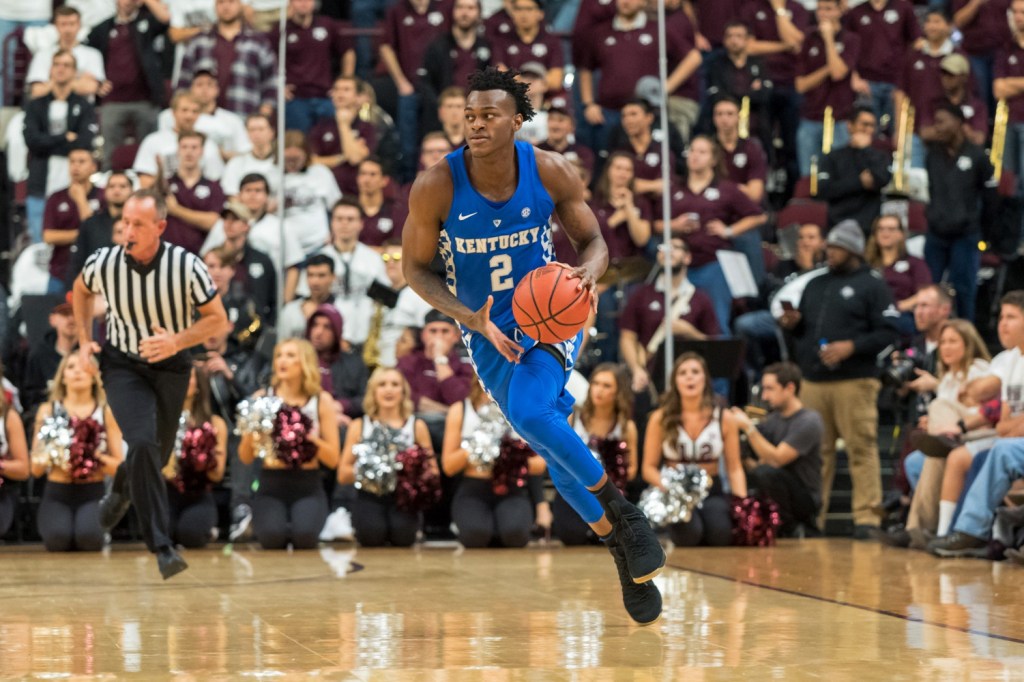
“It takes two minutes to do it,” Vanderbilt tells FOS. “And that’s a lot of money. I don’t care how much money you make. That’s still a lot of money. Especially when all you have to do is fill out a little form. And I feel like I earned that money as well.”
Vanderbilt’s comments are representative of how most players feel. Asked by FOS why they filed for the House settlement, the majority responded the same way.
“Free money is free money,” Lakers center Jaxson Hayes tells FOS.
Others, especially the veterans who left college before 2021 and missed out on the NIL era, have a more serious take. “It’s not free,” Nets guard Cam Johnson says. “We worked for it.”
Johnson, 29, tells FOS he’s expecting between $100,000 and $120,000 combined from Pittsburgh and North Carolina, having played for both schools in the settlement window. He’s on a four-year contract worth $95 million signed in 2023. With the 10-year payout, he’d get a $10,000 to $12,000 deposit every year for the next decade; his NBA salary pays roughly $250,000 per game.
“I think we made the team and school more money than $100,000,” says Timberwolves guard Donte DiVincenzo, who won two national titles at Villanova and filed for the settlement. “It’s more of a hassle to try and get more, but yeah we earned it.”
Given the discrepancy, Johnson says he doesn’t understand why eligible players wouldn’t file for the settlement; the only players who told FOS they hadn’t filed were ones who weren’t aware of the case or accidentally missed the deadline. “It’s on principle,” Johnson says.
Clippers forward Kobe Brown tells FOS he understands the difference between players on opposite ends of the settlement window because he falls in the middle. A four-year player at Missouri, Brown was halfway through his college career when NIL payments became legal in 2021.
“I didn’t go to college for the money,” Brown says. “So no one’s mindset was on, ‘I should be paid to be playing right now.’ So when NIL happened, your mind frame kind of switches and you’re like, ‘They’re making a bunch of money. Why not give me a piece?’”
Johnson is the Nets’ union representative. The team is the second youngest in the NBA, which made the House settlement a natural locker-room topic. Johnson says he was already following the House case as a college sports fan, but many other players had to have the information brought to them.
Lakers guard Austin Reaves says his brother, Spencer, made him aware of the settlement and filed his claim for him—while requesting a slice of it as a thank-you. Hawks center Onyeka Okongwu saw a tweet about it and asked his financial team for help. Hayes and Hawks guard Terance Mann both say they learned from college group texts. Mavericks forward P.J. Washington says John Calipari, his college coach at Kentucky, and Calipari’s son, Brad, both nudged him and his former teammates to file for their money.
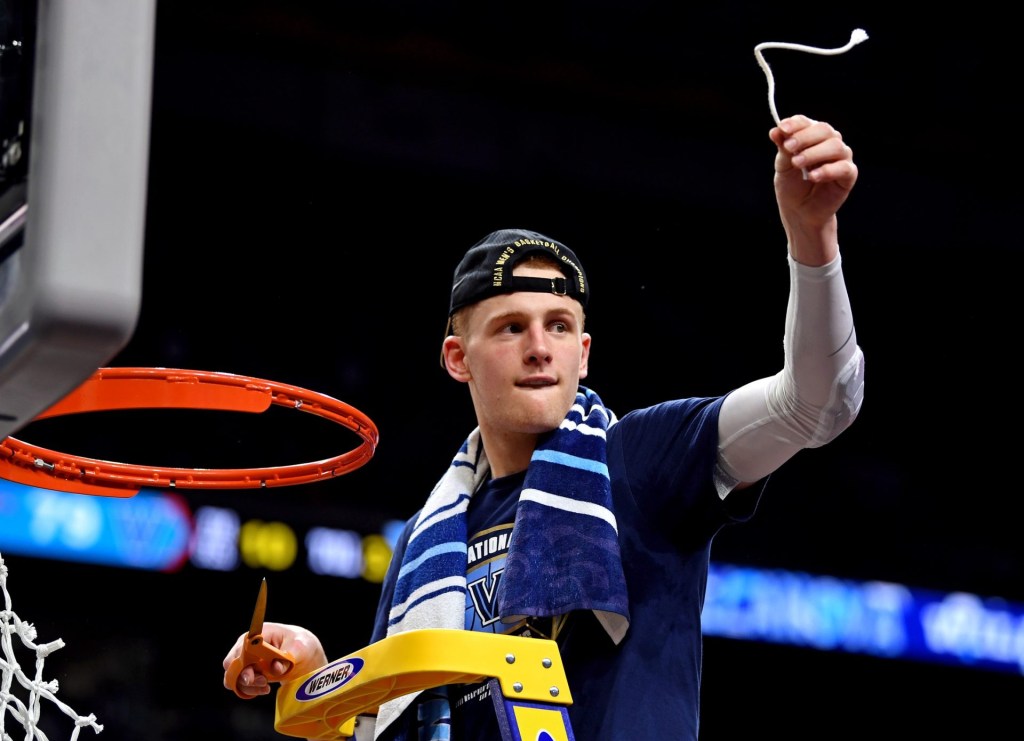
When it came to alerting athletes about the settlement, the NBPA was far more active than its peers in U.S. sports. It sent multiple alerts out to make sure its eligible players filed for their money. Raptors guard and NBPA vice president Garrett Temple credits executive director Andre Iguodala and says issues like the House settlement are things a former player would be more alert to than a non-player administrator.
The WNBPA also alerted members of the settlement. The MLB Players Association wasn’t as active, with most players not looking at significant money from the settlement. And despite college football’s financial supremacy, the NFL Players Association did not send any direct communication to players about the House checks, sources told FOS.
For NBA players, the sums are relatively small, and like any bureaucratic process, there are occasional obstacles to filing. But two-plus months after the NBPA sent the text, Johnson sees no reason for any player not to file for a lack of knowledge. “I feel like there’s plenty of information around it,” he says. “I feel like I heard about it on multiple fronts whether it was college teammates, classmates, NBA teammates, friends, parents.”
This has also led to banter among teammates: Who is getting the most money from the settlement?
“It’s been a friendly conversation of, ‘Are the older players getting more? Are the newer players getting more?’” Mavericks center Dereck Lively II says. “It just really is kind of wondering: How much is everyone going to get taken care of?”
Thunder guard Isaiah Joe played two years at Arkansas and said he’s getting between $85,000 and $95,000 from the settlement. Mann played four years at Florida State and is getting around $100,000, which he says is tops compared to his college teammates. Mann says he’s heard numbers as low as $30,000 and others in the $70,000 to $80,000 range.
Clowney played just one year at Alabama and is expecting around $80,000. Brown says he’s expecting between $350,000 and $400,000. Wilson, who played four years at Kansas in the same years as Brown was told of his figure and said he would “for sure take that.” Brown’s estimated settlement figure is roughly half of Wilson’s $850,000 rookie salary with the Nets in 2023.
The debate around who gets the most will be answered shortly as payments start dropping into players’ bank accounts in the coming months. But even players such as Lively, who got NIL money in college and filed for the settlement, understand the history behind the money.
“It’s rare for the NCAA to want to give back to the players,” Lively says. “If they’re trying to make up for lost time and try to give back to us, there’s no reason why we shouldn’t.”
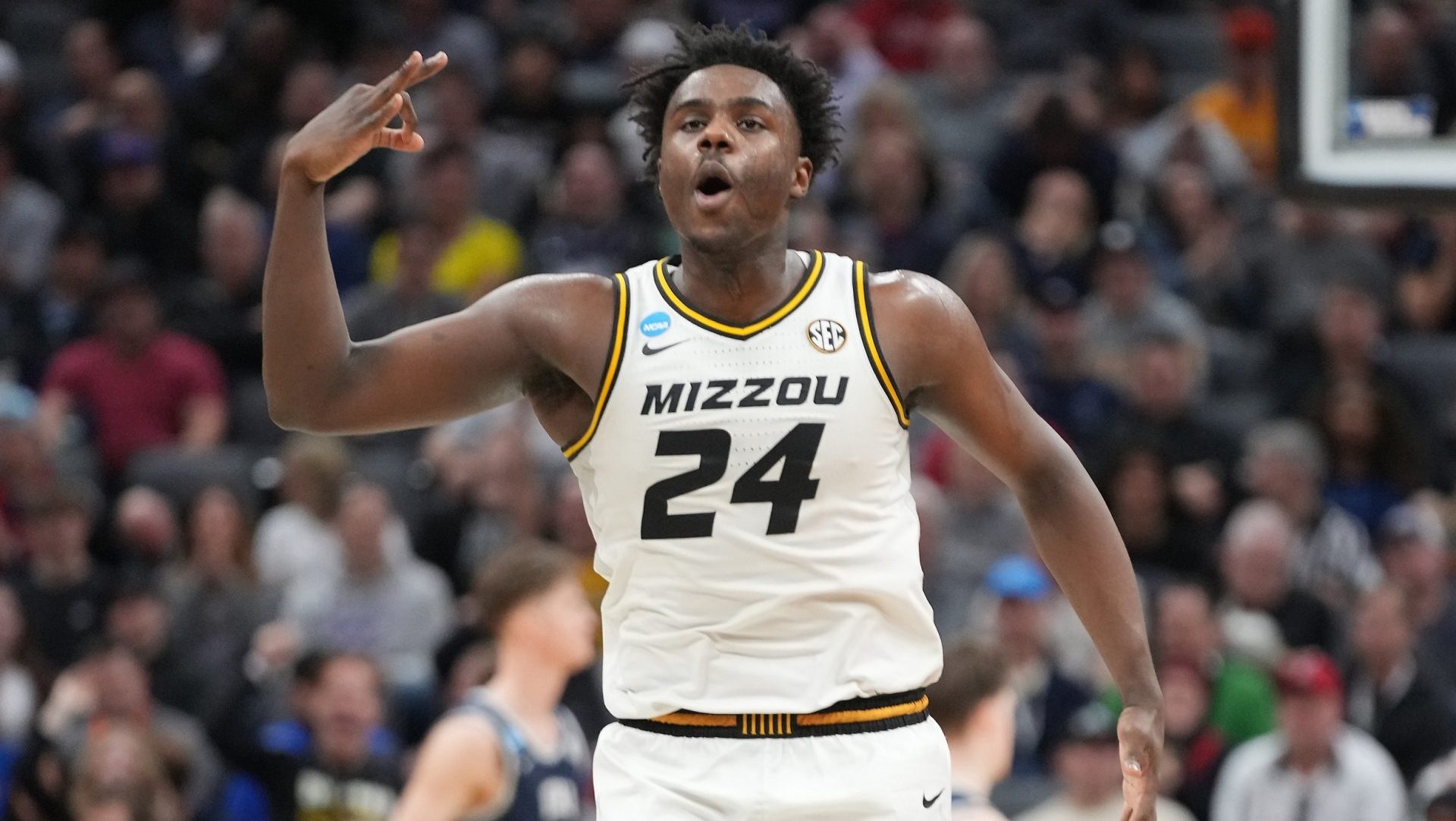


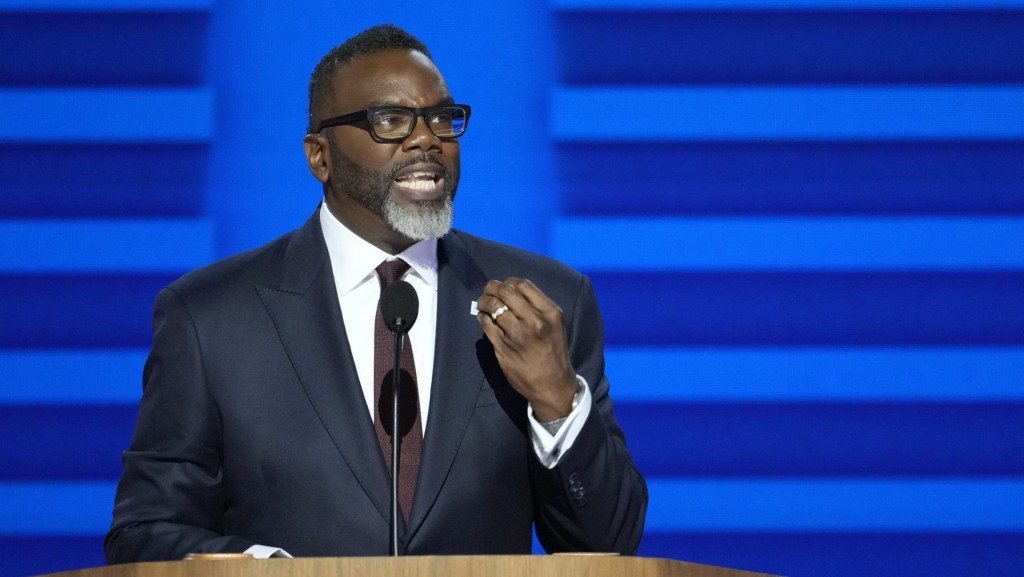
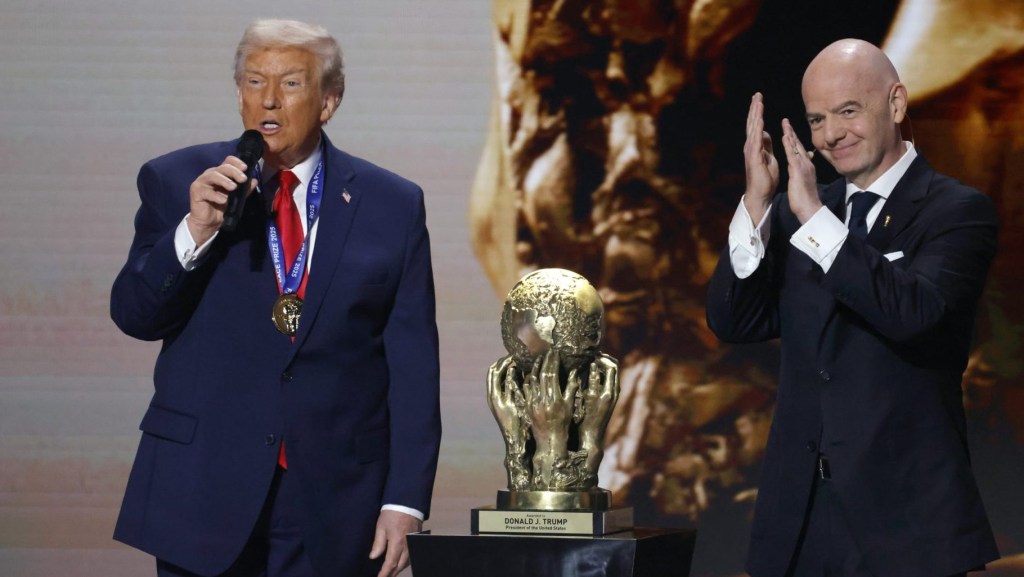


![[Subscription Customers Only] Jun 15, 2025; Seattle, Washington, USA; Botafogo owner John Textor inside the stadium before the match during a group stage match of the 2025 FIFA Club World Cup at Lumen Field.](https://frontofficesports.com/wp-content/uploads/2026/02/USATSI_26465842_168416386_lowres-scaled.jpg?quality=100&w=1024)
![[Subscription Customers Only] Jul 13, 2025; East Rutherford, New Jersey, USA; Chelsea FC midfielder Cole Palmer (10) celebrates winning the final of the 2025 FIFA Club World Cup at MetLife Stadium](https://frontofficesports.com/wp-content/uploads/2026/02/USATSI_26636703-scaled-e1770932227605.jpg?quality=100&w=1024)


